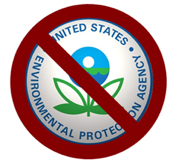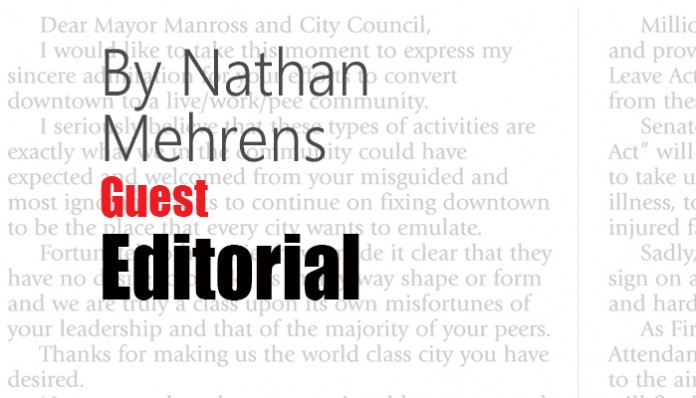 Under President Obama, the U.S. Environmental Protection Agency (EPA) has entered into a series of “memoranda of understanding” (MOU) with the United Nations and various foreign governments. As so many other things this administration has done, the public likely has little awareness that this has occurred.
Under President Obama, the U.S. Environmental Protection Agency (EPA) has entered into a series of “memoranda of understanding” (MOU) with the United Nations and various foreign governments. As so many other things this administration has done, the public likely has little awareness that this has occurred.
Suppose you are an Obama Administration official seeking to influence international affairs. You know Congress is unlikely to go along with your ideas. What do you do? You put it in a MOU, have it signed by your agency head, and by the head of the international body or foreign government that is your target. You phrase the MOU in such a manner as to not actually create any legal obligations. You do this at the same time making clear what the Administration’s preferences are, pledging support for the signatory’s operations, with the implication that such support requires backing the Administration’s preferences.
This is an easy way to influence while largely escaping scrutiny. Consider the following sampling of MOUs that the EPA has with various foreign entities and governments.
The EPA’s MOU with the United Nations states:
“Cooperation pursuant to this Memorandum may take the following forms, consistent with each Participant’s mandate: information exchange… temporary assignments of personnel from one Participant to another.”
The MOU further states:
“Some of the activities under the Memorandum may, through appropriate funding mechanisms, involve a transfer of funds by or through one or both of the Participants or the use of funds from other organizations.”
I doubt this means that the United Nations will be sending money to us. The reverse is significantly more likely.
The EPA has a MOU with Indonesia, and apparently we’re paying to train their officials. “In December 2014, EPA provided environmental enforcement training to over fifty Indonesian officials. In 2013, MOE [Ministry of Environment] participated in environment inspections training courses led by EPA in Singapore, Taiwan, and Bangkok.”
The EPA has a MOU with the Chinese government. This one, like those discussed above, provides for among other things “exchanges, and temporary assignments from one Party to the other.” Why an agency that was created to deal with domestic issues in the U.S. needs to be involved in these types of international affairs is a question worth asking. Maybe they have too much money and are looking for additional uses for it.
Based on EPA travel records we know they are not afraid to spend heavily on premium travel to Asian countries. Some officials have bought premium tickets to China costing as much as $15,319, when coach fare would have been $1,156.
Also, considering how aggressive the Chinese have been in using coal to produce energy, is it really likely that they will listen to what people sitting in a Pennsylvania Avenue conference room have to say?
Some MOU provisions are inane. Representative of these is the following provision from the MOU the EPA has with the Ministry of the Environment of the Federative Republic of Brazil:
“The purpose of this Memorandum of Understanding (MOU) is to strengthen and coordinate the efforts of the Participants to effectively protect the environment while promoting economic growth and social development; promoting the role of the private sector in development; and encouraging social inclusion, women’s advancement, and environmental justice [emphasis added].”
This is an attempt at social engineering gone wild, one requiring further explanation. Exactly how is dealing with international environmental issues even remotely related to “women’s advancement”? Even if this was the case, how are these activities within the scope of the Congressional authorization for the agency?
If the EPA has the ability to fly its personnel around the world to negotiate and sign these MOUs it clearly has too many personnel and too much money at its disposal.
Nathan Mehrens is President of Americans for Limited Government Foundation.





